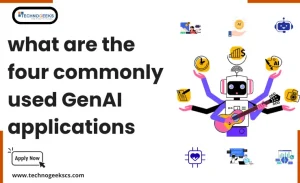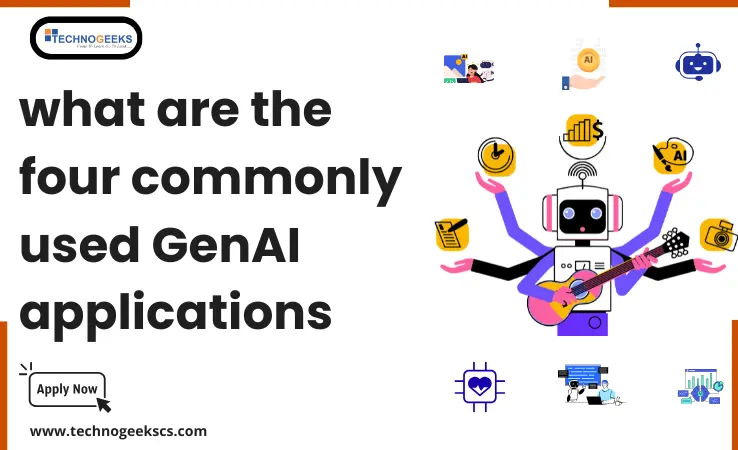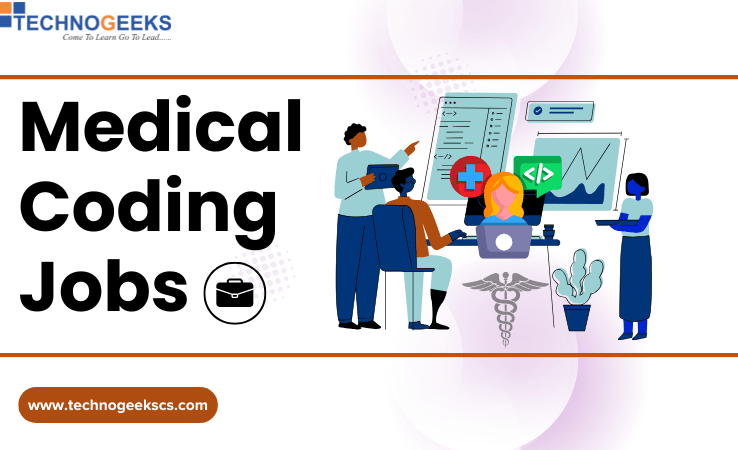Table of Contents
ToggleDoes digital marketing require coding?
In today’s marketing world, marketing strategy has completely changed. Traditional marketing methods have changed a lot. Traditional marketing includes things like TV ads, newspaper ads, radio spots, and magazine ads. We’ve been using these methods for a long time, and they’re easy to understand. But now, digital marketing is on trend, which includes:
- SEO (search engine optimization)
- SMO (Social Media Optimization)
- SMM (Social Media Marketing)
- Email marketing
- Content Marketing
Digital marketing is more automated and efficient than traditional marketing. So you may have a question in mind: Does digital marketing require coding?
Well, it depends. So basically, the coding part comes in the digital marketing field for building a website or analyzing data. But it is not necessary that you have knowledge of coding as a digital marketer; there are many tools that make things easier, so no worries if you don’t have knowledge of coding; you can just focus on strategy and creativity.
In this blog, I will explain the requirements of coding in the digital marketing field and what skills you need to do well in this dynamic field.
Enroll now and take the first step towards a successful career. Click here to join our Digital Marketing Course In Pune Today!
What Is Digital Marketing?
Before we explore the role of coding in digital marketing, let’s first understand what is Digital Marketing?
Promoting products or brands using digital platforms instead of traditional methods is called Digital Marketing. So basically it allows for instant analysis of marketing efforts, helping to quickly identify what works and what doesn’t.
As we discussed earlier there are many categories in Digital Marketing let’s explain one by one category –
Search Engine Optimization (SEO)
SEO stands for Search Engine Optimization, which is the process of optimizing websites and content to improve their visibility and ranking on search engine results pages (SERPs).
SEO is important for businesses because nowadays most of the people look online before buying things. If a brand isn’t easily found online, it may lose customers to competitors. Good SEO helps businesses appear higher in online searches, attracting more potential customers to their website organically.
It involves various SEO techniques and strategies which helps to enhance organic (non-paid) traffic from most popular search engines like Google. Improving websites and content to show up higher on Google searches, getting more organic views.
Search Engine Marketing (SEM)
Search Engine Marketing (SEM) is the complete opposite of Search Engine Optimization (SEO). In SEO, we gain traffic organically; we don’t need to pay for it. However, in SEM, gaining traffic requires payment. It involves paid advertising (Paid Marketing) on search engines like Google or Bing to bring targeted traffic to websites.
Search Engine Marketing is known for best digital marketing strategies as of now which helps to increase website views. Many brands pay for ads such as Google Ads, Bing Ads, Social Media Ads, Youtube Ads etc. to ensure their brand visibility on specific searches within the search engine result pages.
Social Media Marketing (SMM)
Social media marketing uses platforms like Instagram, Facebook, Twitter, and LinkedIn to reach many people and engage with them to gain new customers. It involves sharing products or services on social platforms to promote them.
Nowadays, everyone promotes their brand on social media platforms by creating dedicated brand pages and actively promoting their products. Additionally, many brands collaborate with social media influencers to expand their reach and connect with their target audience more effectively.
These influencers, with their large and engaged following, essentially help boost brand awareness and most of the people who are interested in products can easily redirect their social media page and DMs for inquiries or purchases.
So, yes, we can say that in the 21st Century, Social Media Marketing is the best marketing strategy, not only for brand awareness but also for lead conversion.
Content Marketing
Content marketing involves planning, creating, sharing valuable and relevant content to reach your target audience. It helps increase brand awareness, sales, reach, and interactions.
The main motive of content marketing is that people have a deep understanding of your product, including information about its features, importance, usefulness, pricing, and more.
So basically it builds a relationship between your product and your customers.
There are many Types Of Content Marketing –
- Social Media
- Infographics
- Blogs
- Podcasts
- Videos
- Paid Ads
Email Marketing
Email marketing is when businesses send messages to people via email. These messages could be about promotions, updates, events, or offers related to their products or services.
Through Email Marketing we can directly interact with customers and try to keep them interested or engaged.
Analytics and Data Analysis
Data Analytics in digital marketing involves using insights from what customers mainly search for online so based on their searches we optimize our content accordingly.
So, data analysis is an important part of SEO and for businesses overall. It helps us understand what works and what doesn’t in our online strategies, allowing us to make informed decisions to improve our website’s visibility and attract more customers.
What is the Role Of Coding In Digital Marketing?
Website Development and Optimization
Websites are the most important part of a business’s online presence. Creating and maintaining a well-designed, user-friendly and lightweight website is essential for attracting and keeping visitors.
There are many website creating platforms available like WordPress and Wix which offer user friendly interactions for building websites without coding.
As a digital Marketer having a basic understanding of HTML, CSS, and JavaScript can be more beneficial for editing templates, troubleshooting issues, and optimizing site performance for SEO. Well, optimizing site performance for SEO comes in Technical SEO.
Technical SEO
Technical SEO means improving a website’s technical aspects to enhance its visibility and performance on search engines.
So technical tasks include submitting your sitemap to Google and creating a user-friendly site structure.
Some Technical SEO Elements include –
1) Speed Up Site: Make your website load faster for better user experience and search ranking.
2) Mobile-Friendly: Ensure your site works well on mobile devices because most of the people open websites on mobile devices.
3) XML Sitemap: Create and send a sitemap to search engines for better indexing.
4) Robots.txt File: Manage how search engines access your site with a robots.txt file.
5) Canonical Tags : Use canonical tags to prevent duplicate content issues.
6) SSL Certificate: Get an SSL certificate for secure browsing.
7) 404 Error Handling – Customize error pages and fix broken links
8) Monitor Page Speed: Regularly check and enhance site speed with tools like Google PageSpeed Insights.
9) HTML and XML sitemaps: Maintain both HTML and XML sitemaps.
These are some Technical SEO elements you should be familiar with to optimize your website for search engines and improve its performance.
Data Analysis and Reporting
Data Analysis and Reporting is an important part of SEO.
From these analysis, we get an idea about –
- How many people visit our website
- What age group they belong to
- Which keywords they use to find us
- From which Country/City they belong to
- What content they engage with the most.
This information helps SEO executives improve marketing strategies to better reach the target audience and enhance overall performance.
There are many Data Analysis and Reporting tools such as Google Analytics and Google Search Console.
Your knowledge of coding can be helpful for analysis and making custom reports. Programming languages like SQL & Python are used for this in Data Analysis.
Conclusion
I hope you got an answer to this question: Does Digital Marketing Require Coding?
- Having knowledge of coding is not mandatory in Digital Marketing, but they can greatly enhance a marketer’s skills and career prospects.
- Knowledge of HTML, CSS, and JavaScript helps marketers customize websites, analyze data, automate tasks, and integrate systems effectively.
Want to start a career in Digital Marketing. Technogeeks is the best place to learn.
Call Us For Free Career Counseling +91 8600998107 / +91 7028710777















